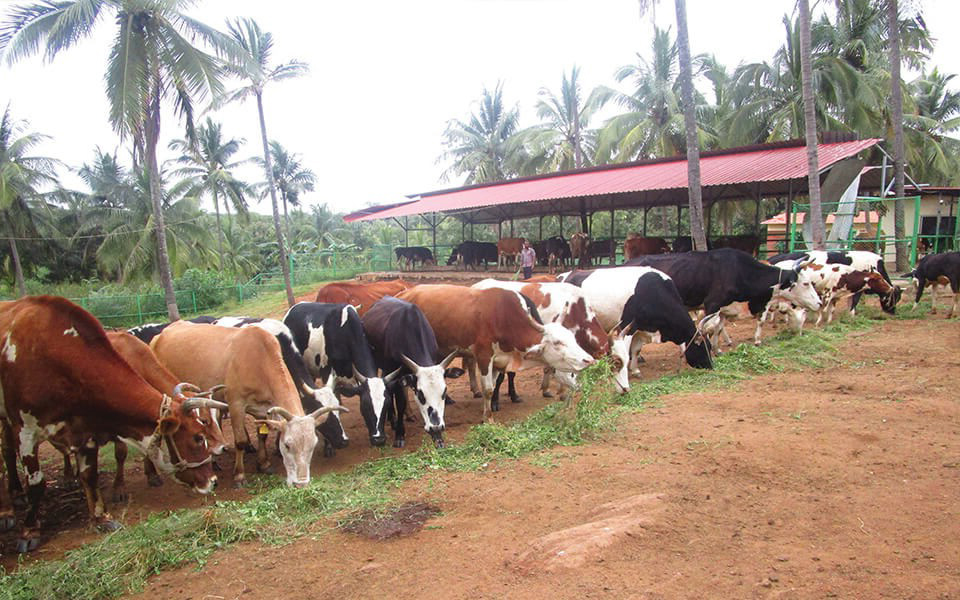
In India, a goshala is a building that provides refuge for cattle. Since cows are revered in the Hindu religion, goshalas serve as a haven for them. Cattle are revered, treated with respect, and respected in a goshala. The Sanskrit word “goshala” combines the words “cow” and “shelter.” The goshala offers sanctuary for creatures that would have otherwise been brutally slain, saving them.
In the 1880s, Rewari, in the country’s north, became the site of the first goshala. The first cow protection society was created in Punjab in 1882. In recent years, hundreds of goshalas have opened.
You undoubtedly wish to assist a goshala in its work now that you are aware of what it is. Fortunately, there are numerous methods to support a goshala in India.
Hindus who reside close to a goshala can take part in the agnihotra, or milk offering. You have the opportunity to take part in this rite, known as agnihotra, in which cow excrement is added to the fire to burn off animal waste and purify the atmosphere, at goshalas. Then rice and ghee are offered, and it is placed on the fire. This fire’s smoke purifies the area and serves as a mosquito deterrent. Agnihotra is a fantastic method for restoring the ozone layer and cleaning the air.
Even if you don’t consider cows to be sacred and are not Hindu, you can still respect them for what they do for us. All of these foods—milk, yoghurt, ghee, and butter—are beneficial to us physiologically. Cattle have economic value and utility for practically everyone since they provide the agrarian farmer with sustenance and protection.
But at Animal Wised, we think that cows need to live and be respected simply for being alive. Even if they didn’t produce anything, we would still value them as living things. Mistreating cows would be utterly unethical and cruel because they have feelings and the ability to build connections.
Going vegetarian and avoiding meat is another novel method to support the mission of the goshala.
